Using Ginkgo Leaves: Are Ginkgo Leaves Good For You
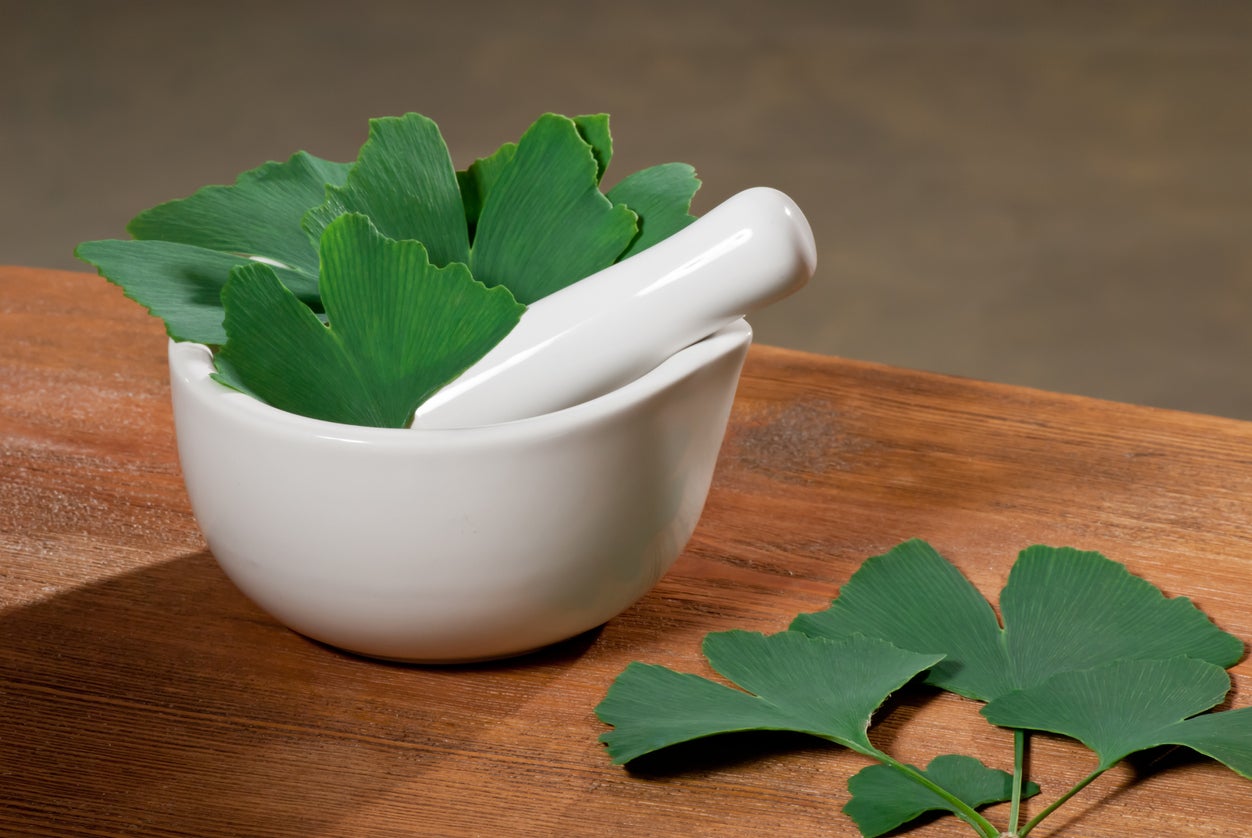
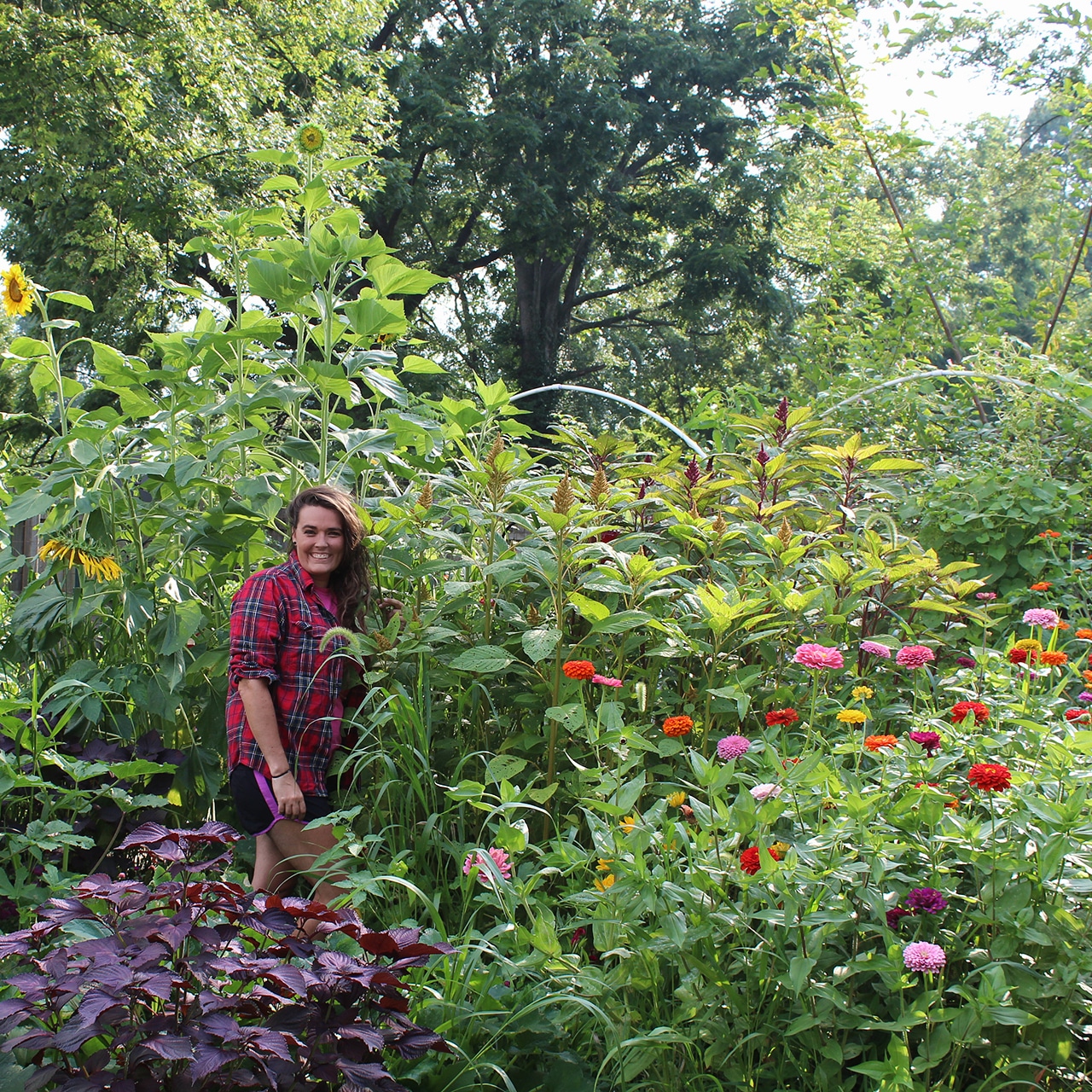
Ginkgoes are large, magnificent ornamental trees native to China. Among the oldest species of deciduous trees in the world, these interesting plants are prized for their hardiness and adaptability to a wide range of growing conditions. While their unique fan-shaped foliage adds dramatic visual interest to the home landscape, many believe the plant to have other uses as well.
Among ginkgo leaf uses (ginkgo leaf extract) are supposed benefits to cognitive function and improved circulation. However, examining the validity of these claims is important when deciding whether or not to begin ginkgo supplements. Read on for more information on using ginkgo leaves for health.
Are Ginkgo Leaves Good for You?
Ginkgo (Ginkgo biloba) has long been touted for its purported medicinal benefits and uses. While many parts of the tree are toxic and should never be consumed, products made through the extraction of ginkgo extract are widely available in health food and supplement stores.
Many health benefits of ginkgo stem from the presence of antioxidants and flavonoids. The use of ginkgo extract made from the leaves of ginkgo trees and other plant parts is among the much believed preventative measures for dementia and other slowed cognitive processes in adults. Though many studies have been done, there is no consistent data or evidence to suggest that the use of ginkgo supplements is able to prevent the onset or slow the progression of dementia.
As with any plant-based supplement, those wishing to incorporate ginkgo into their diets should first perform adequate research. While these supplements are generally considered to be safe for healthy adults, some side effects may include dizziness, headaches, upset stomach, and allergic reactions.
Older adults, those with pre-existing health conditions, and women who are nursing or pregnant should always consult a qualified healthcare physician before adding ginkgo to their routine. Ginkgo supplements may cause adverse reactions to those with coagulation issues, epilepsy, and other disorders.
Due to its listing as an herbal supplement, claims regarding ginkgo products have not been evaluated by the Food and Drug Administration.
Gardening tips, videos, info and more delivered right to your inbox!
Sign up for the Gardening Know How newsletter today and receive a free copy of our e-book "How to Grow Delicious Tomatoes".
Disclaimer: The contents of this article are for educational and gardening purposes only. Before using or ingesting ANY herb or plant for medicinal purposes or otherwise, please consult a physician, medical herbalist, or other suitable professional for advice.

Tonya Barnett has been gardening for 13 years. Flowers are her passion. She has transformed her backyard into a cut flower garden, which she regularly chronicles on her YouTube channel http://www.youtube.com/@tonyawiththeflowers.
-
 Looking For Plants To Give You The Soft And Fuzzies? Try These 5 Fuzzy Leaf Plant Options
Looking For Plants To Give You The Soft And Fuzzies? Try These 5 Fuzzy Leaf Plant OptionsLovers of texture, drama, silver foliage and tactile plants will adore these special sensory garden additions. These fuzzy leaf plant options will leave you all aglow
By Susan Albert
-
 Get Ready For A Summer Of Hummers! Grow These Full Sun Hummingbird Plants and Flowers
Get Ready For A Summer Of Hummers! Grow These Full Sun Hummingbird Plants and FlowersIf you’re lucky enough to enjoy a sunny backyard, make sure you are maxing out on your pollinator opportunities and grow these full sun hummingbird plants and flowers
By Tonya Barnett
-
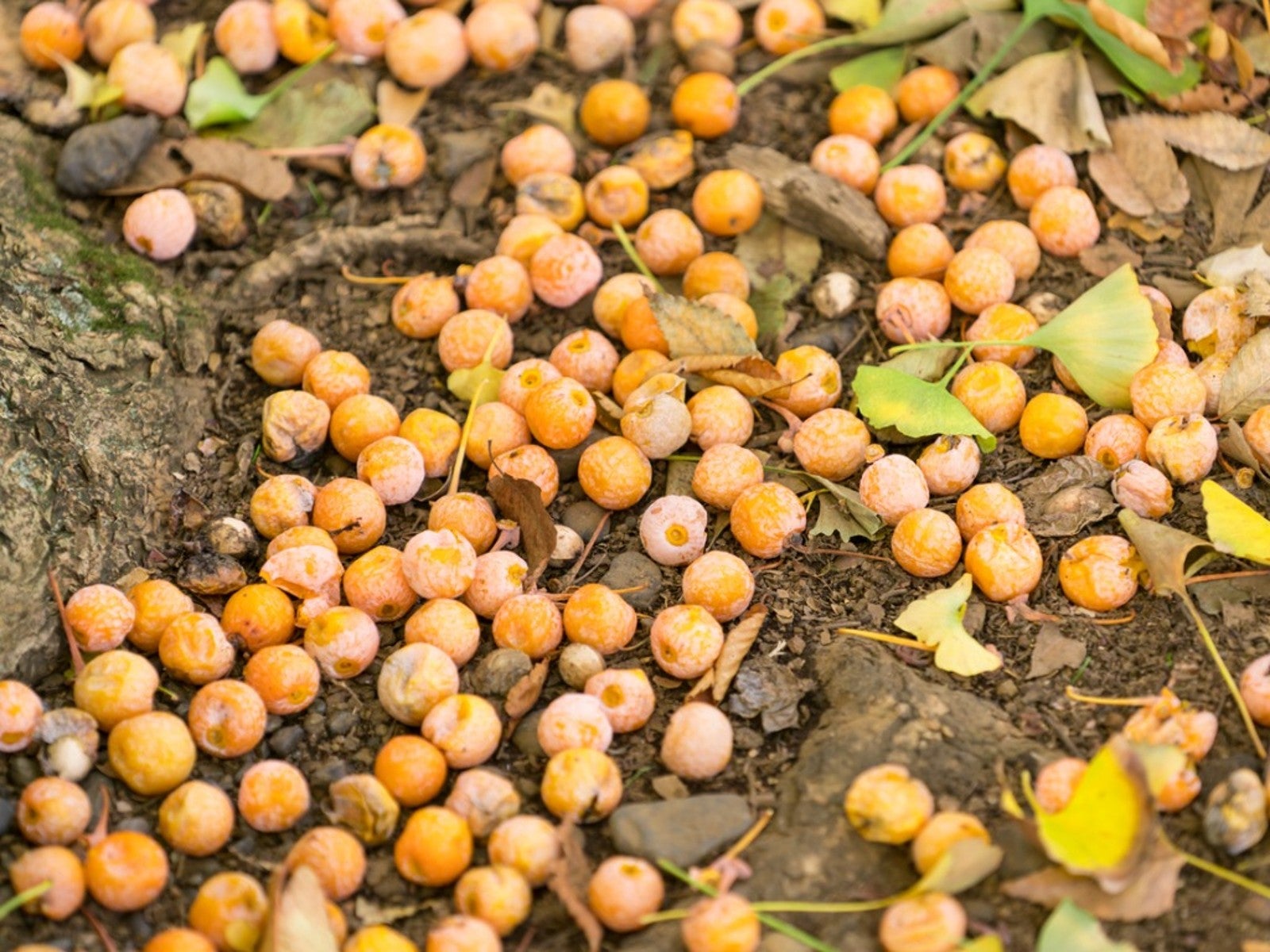 How To Get Rid Of Smelly Ginkgo Biloba Fruit
How To Get Rid Of Smelly Ginkgo Biloba FruitIt is possible to avoid the ginkgo smell with a little planning. Eliminating the odor, however, is a different story! Click here for more.
By Teo Spengler
-
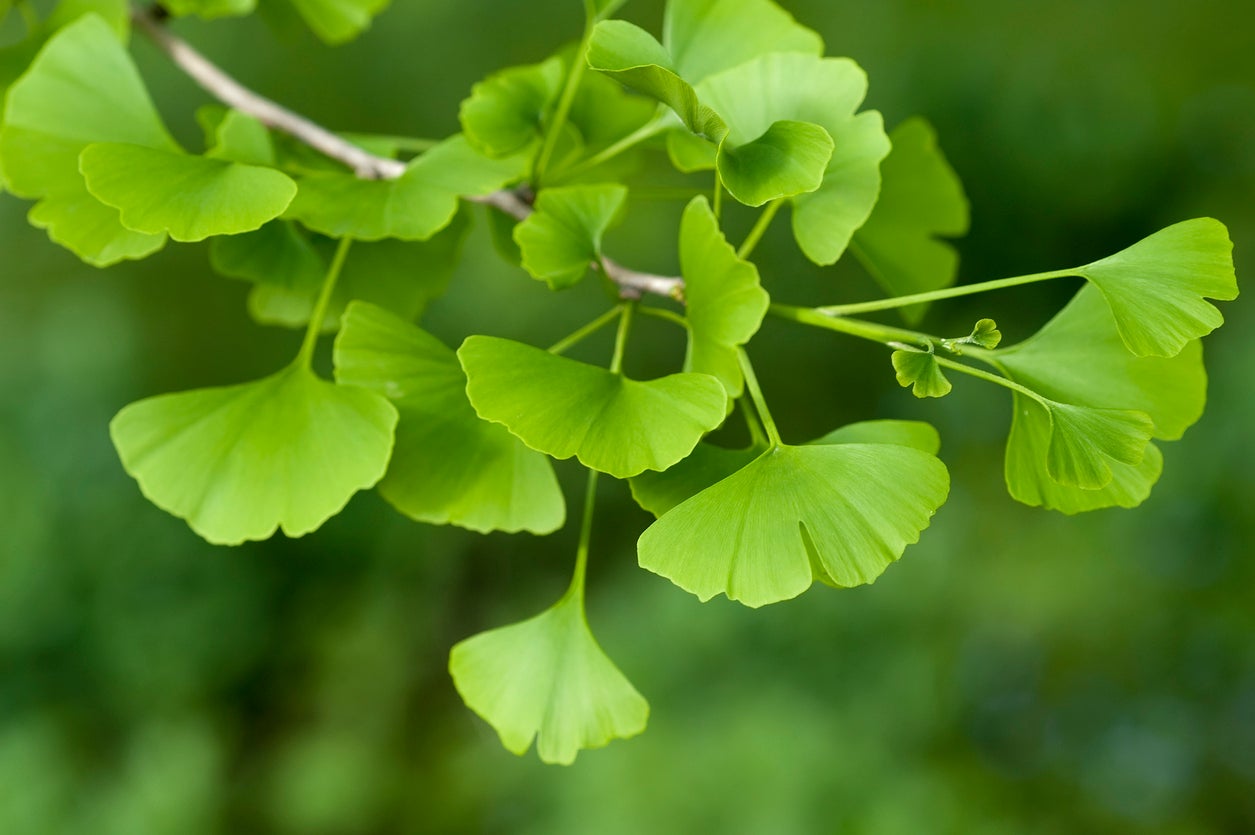 Feeding Ginkgo Trees: Learn About Ginkgo Fertilizer Needs
Feeding Ginkgo Trees: Learn About Ginkgo Fertilizer NeedsAs you might imagine, fertilizing ginkgo trees is rarely necessary and the tree is adept at managing on its own. However, you may want to feed the tree lightly if growth is slow or if leaves are pale or smaller than usual. This article will help get you started.
By Mary H. Dyer
-
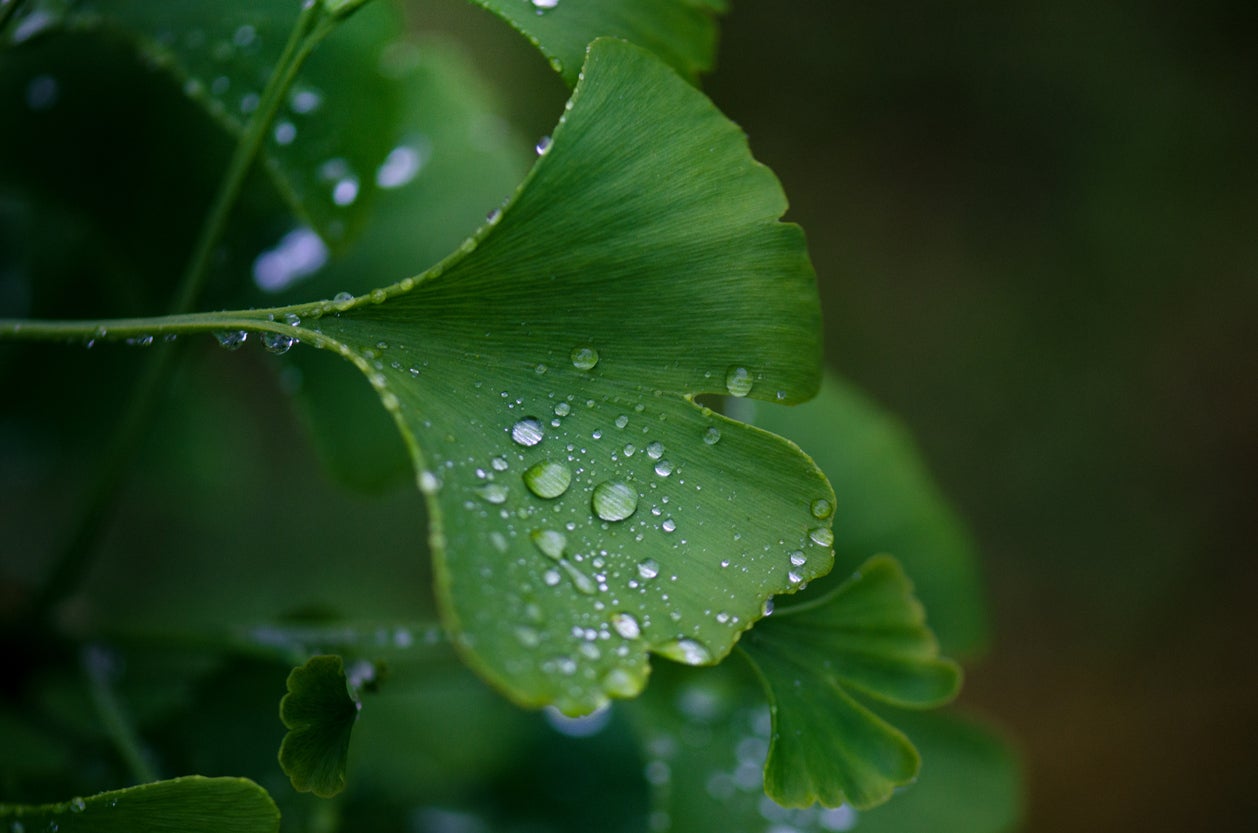 Ginkgo Water Requirements: How To Water Ginkgo Trees
Ginkgo Water Requirements: How To Water Ginkgo TreesA ginkgo tree is a lovely ornamental or shade tree in yards. Once ginkgo trees are established, they require little maintenance and care. But considering ginkgo water requirements will help you ensure the trees in your garden are healthy and thriving. Learn more here.
By Mary Ellen Ellis
-
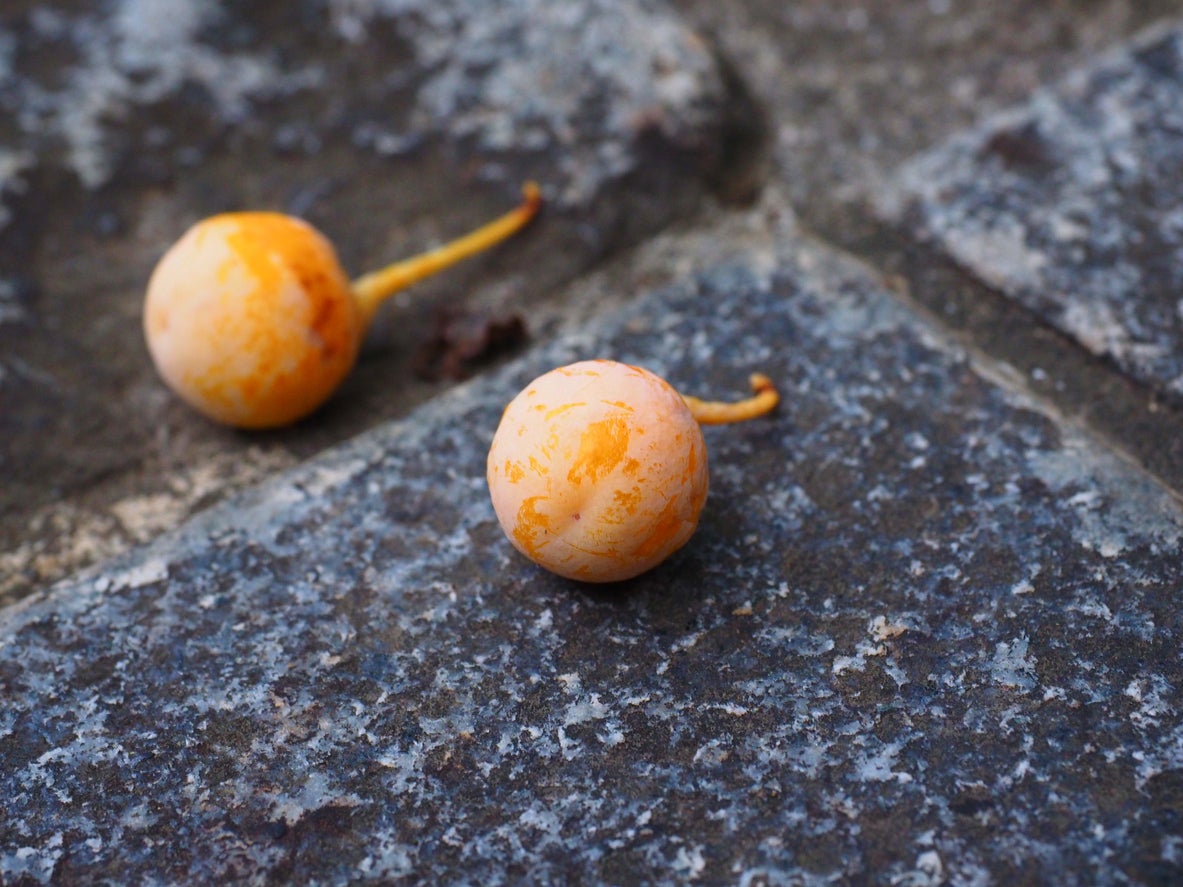 Ginkgo Seed Propagation Guide – How To Plant Ginkgo Seeds
Ginkgo Seed Propagation Guide – How To Plant Ginkgo SeedsOne of our oldest plant species, Ginkgo biloba can be propagated from cuttings, grafting or seed. The first two methods result in plants much quicker, but growing ginkgo trees from seed is an experience not to be missed. Click here for tips on planting ginkgo seeds.
By Bonnie L. Grant
-
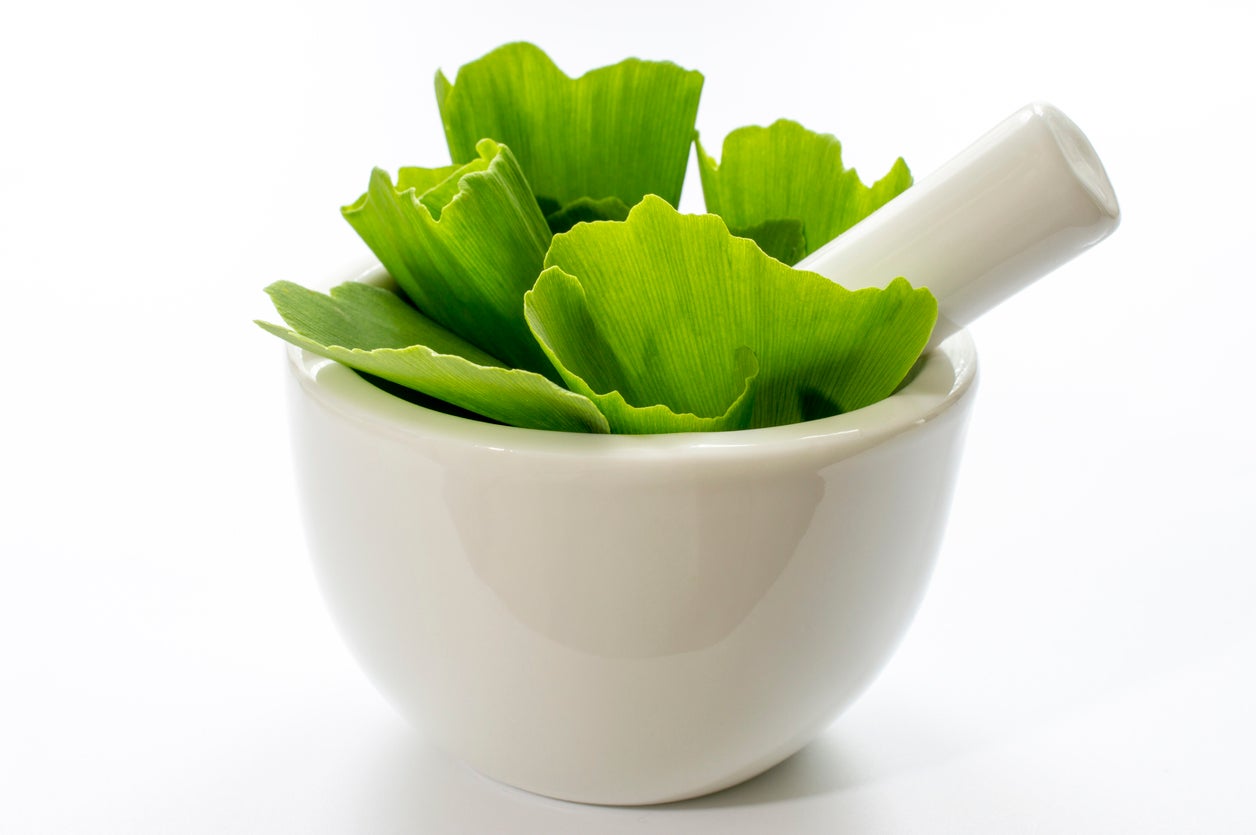 Is Ginkgo Good For You – Learn About Ginkgo Health Benefits
Is Ginkgo Good For You – Learn About Ginkgo Health BenefitsMedicinal ginkgo has been in use for at least 5,000 years and probably even longer. Modern ginkgo health benefits target memory and prevent certain signs of brain aging, but there are more historical uses for the plant. Learn what they are in this article.
By Bonnie L. Grant
-
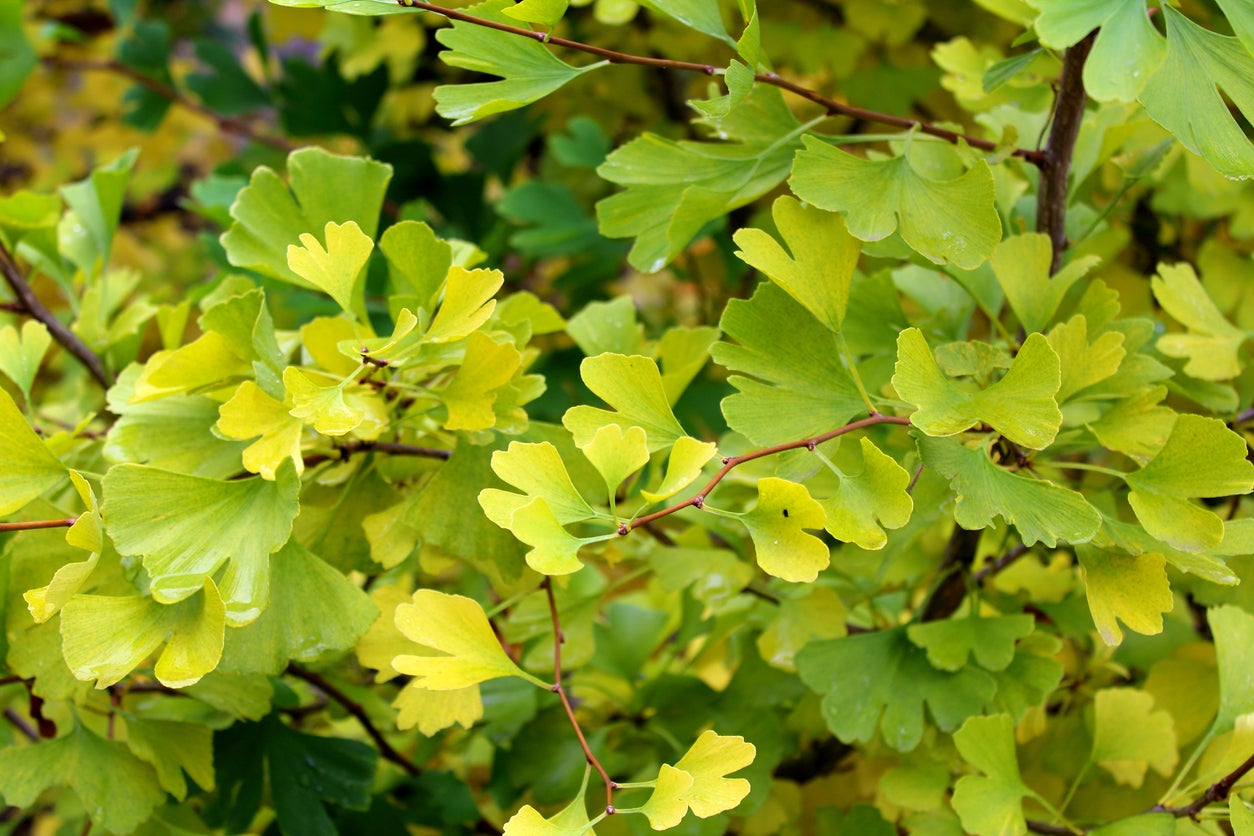 Managing Sick Ginkgo Trees: How To Control Diseases Of Ginkgo Trees
Managing Sick Ginkgo Trees: How To Control Diseases Of Ginkgo TreesGiven how long the ginkgo trees have survived on the planet, it won’t surprise you to learn that they are generally strong and healthy. Still, ginkgo tree diseases do exist. Click here for information about the diseases of ginkgo with tips for managing sick ginkgo trees.
By Teo Spengler
-
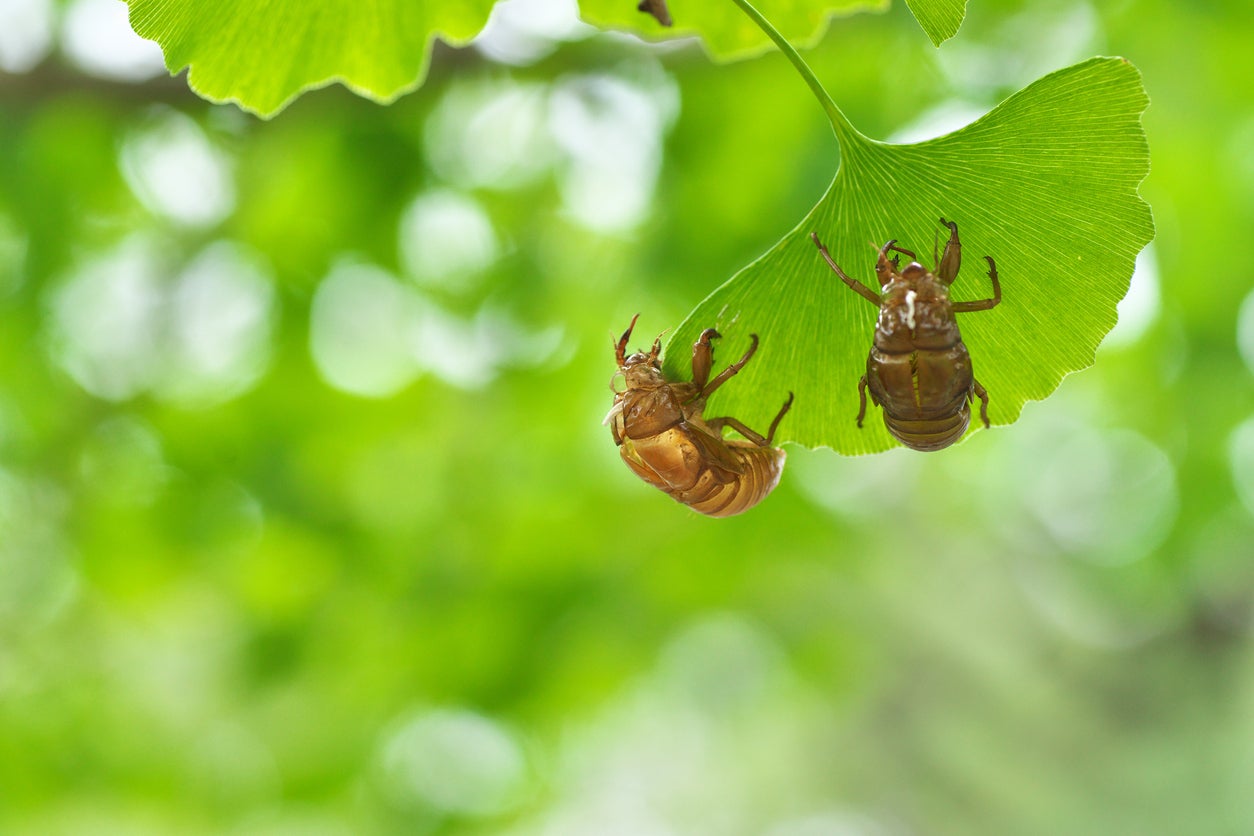 Ginkgo Insect Problems: Are Pests On Ginkgo Trees Serious
Ginkgo Insect Problems: Are Pests On Ginkgo Trees SeriousEven though there are very few bugs that prey on ginkgo trees, that doesn’t mean the species doesn’t have its share of ginkgo insect problems. So what kinds of ginkgo pests might be found on the tree? Click on the following article to learn more.
By Amy Grant
-
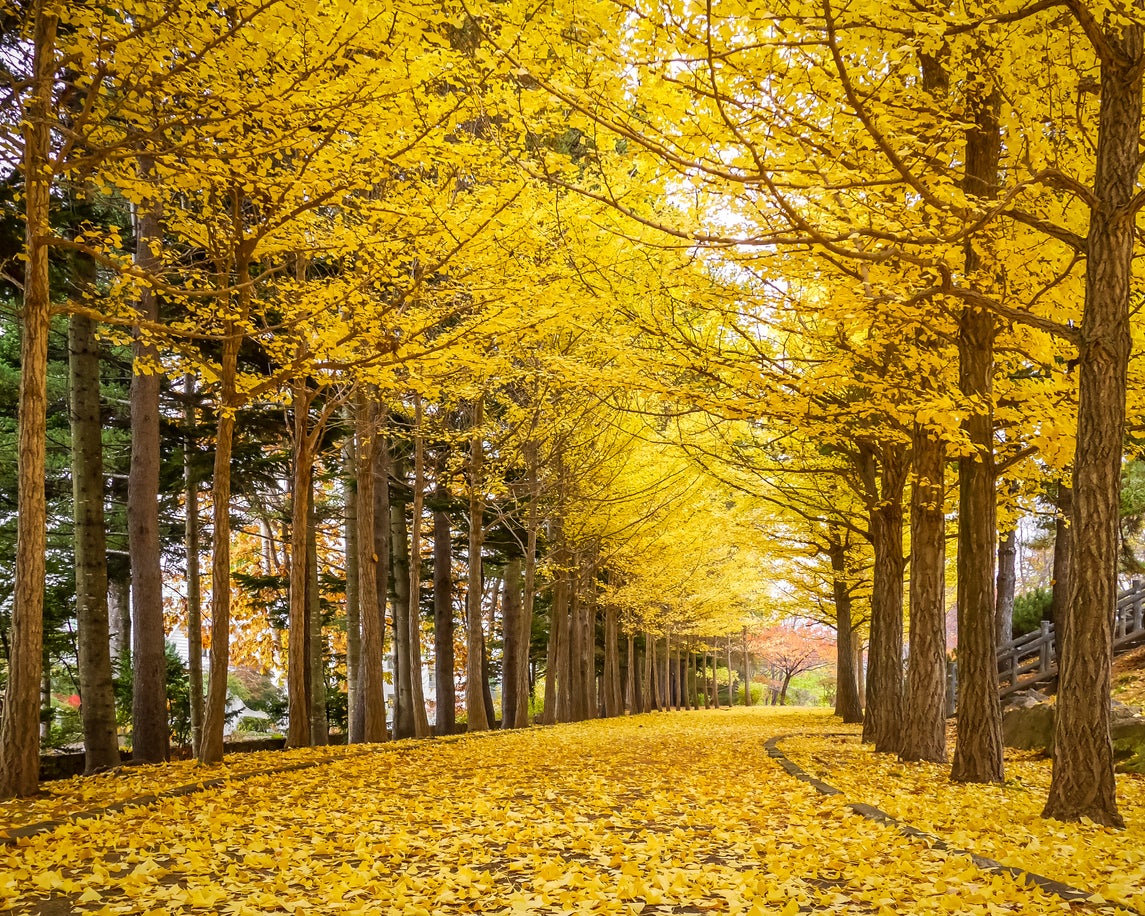 Common Ginkgo Cultivars: How Many Kinds Of Ginkgo Are There
Common Ginkgo Cultivars: How Many Kinds Of Ginkgo Are ThereGinkgo trees are unique in that they are living fossils, largely unchanged for nearly 200 million years. In the landscape, different kinds of ginkgo can be big shade trees and attractive ornamental additions to gardens. Learn about different varieties in this article.
By Mary Ellen Ellis